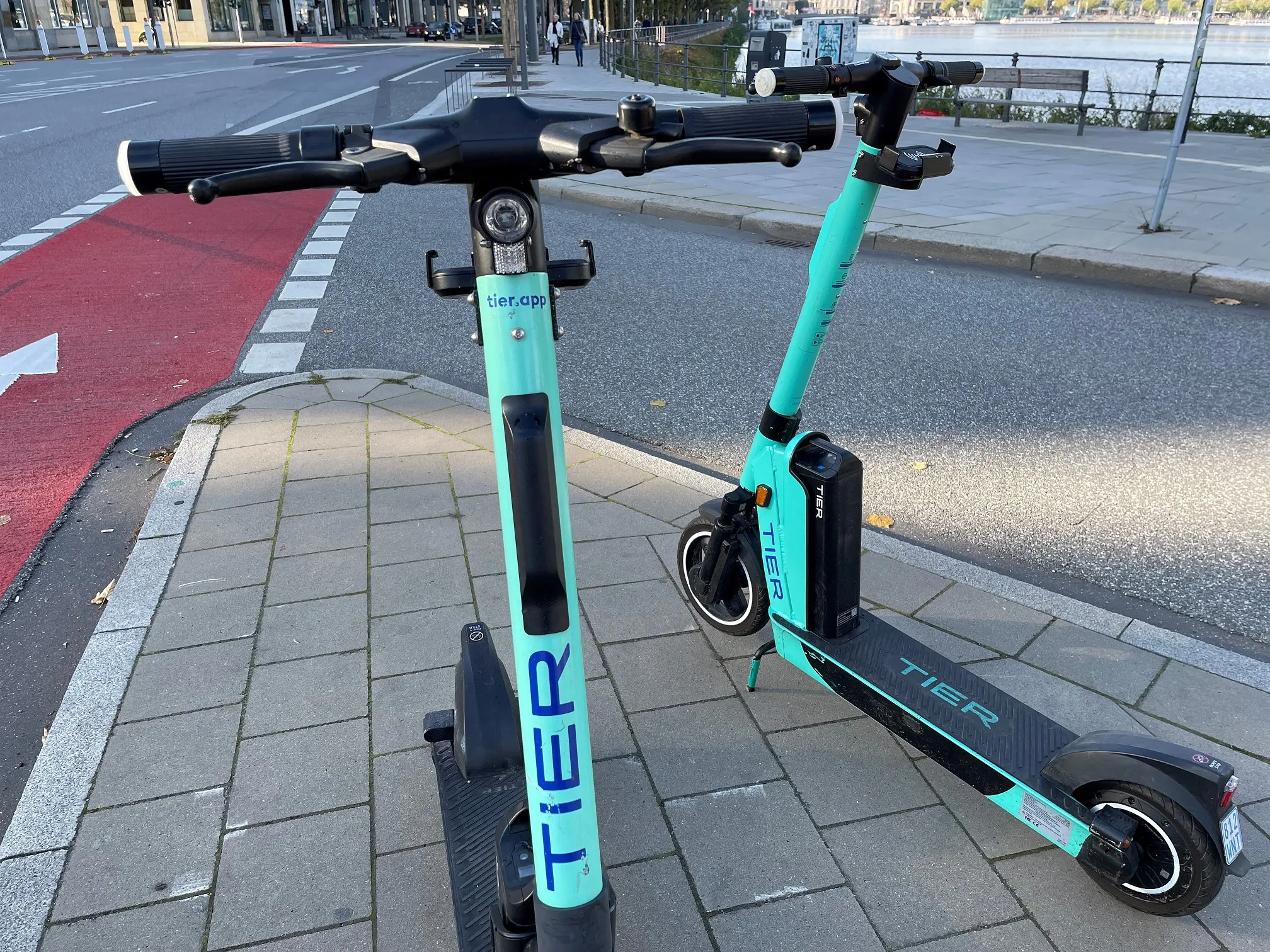Los Angeles County Metropolitan Transit Authority (Metro) has retired the last diesel bus in its fleet, becoming the world's first major transit agency to operate only clean fuel buses - nearly 100 per cent of which operate on compressed natural gas (CNG). According to Metro, compared with diesel buses, its CNG fleet reduces cancer-causing particulate matter by more than 80 per cent. And, because of the switch from diesel to CNG, Metro avoids emitting nearly 300,000 pounds of greenhouse gas emissions per da
May 18, 2012
Read time: 2 mins
According to Metro, compared with diesel buses, its CNG fleet reduces cancer-causing particulate matter by more than 80 per cent. And, because of the switch from diesel to CNG, Metro avoids emitting nearly 300,000 pounds of greenhouse gas emissions per day.
"What Metro has achieved transcends Los Angeles County," said Los Angeles County Supervisor and Metro Board Chair Don Knabe. "We proved from both a technical and economic standpoint that a large transit agency can operate with alternative clean burning fuels and this has led many other transit agencies to follow our lead. Likewise, what Metro is doing to tap solar energy, recycle and build green facilities is raising the bar for the industry. That's good for our customers, taxpayers and the environment."









